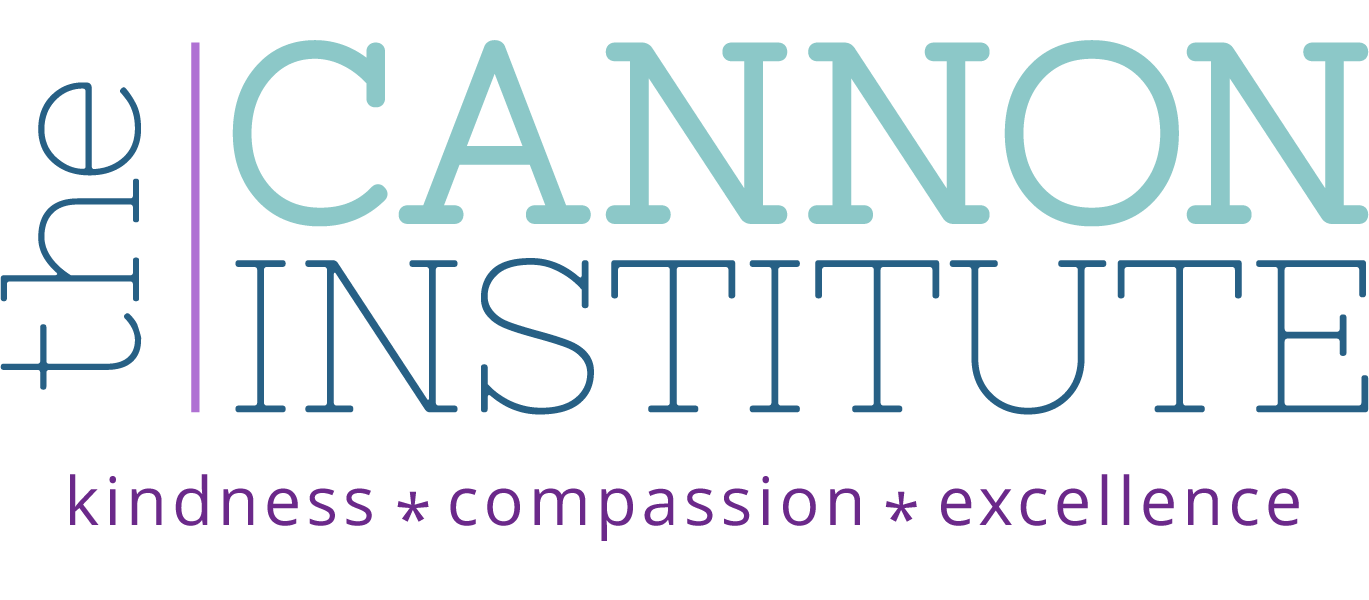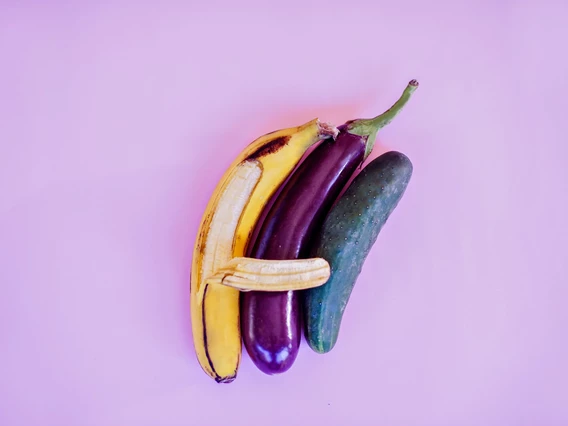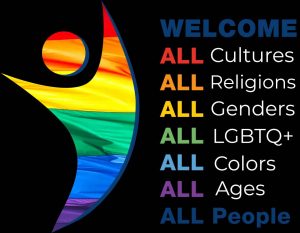As you prioritize time to explore relationship styles, have you been curious about polyamory? Have you heard of polyamory, but feel unclear about what it means? Have you heard myths about polyamory that you’re not sure how to clear up? I’m here to share my knowledge, to help you navigate your own relationship style and to clear up any misconceptions about your friends and family members’ relationship styles.
What is Polyamory?
If you are expressing your own needs, or listening to comprehend someone else’s, it’s important to understand and not misrepresent the interests and needs being discussed. This is true both in and outside of sex therapy. Understanding the basic definition of a term is important in rooting out misconceptions, leading to more compassionate discourse and action on the part of all of us. So to begin, let’s take a look at what polyamory is:
Polyamory n : is the non-possessive, honest, responsible and ethical philosophy and practice of loving multiple people simultaneously. Polyamory emphasizes consciously choosing how many partners one wishes to be involved with rather than accepting social norms which dictate loving only one person at a time. Polyamory is from the root words Poly (meaning “many”) and Amour (meaning “love”); hence “many loves” or Polyamory
-Definition by Cherie L. Ve Ard and Franklin Veaux
Importantly, polyamory is ethical; there is a widespread misconception that polyamory is akin to unethical non-monogamy. It’s not — the philosophy and practice of polyamory is tied into the idea of ethical non-monogamy. While no specific relationship can be neatly defined in words, as a general idea, a polyamorous relationship involves ethical habits.
The ethical nature of polyamory means that communication and respect play a vital role in maintaining polyamorous relationships. Sex-positive therapy or couples therapy is one way to help maintain the ethical habits and honesty to maintain healthy polyamorous relationships, or to know if polyamory is something that works best for your sexual life.
There are many relationship configurations and qualities that can be described as polyamorous — group relationships, intimate networks or swinging, for example. Each relationship is unique to the individuals engaged in it, and each of these relationship configurations can be expressed in countless ways.
Marriage and Polyamory
Sometimes it is assumed that polyamory is incompatible with marriage, but polyamory can be just as much an expression of dedication, love, and understanding as a monogamous relationship.
There are several marriage configurations that can comprise polyamorous groups/marriage. Here are the technical definitions of a few common marriage configurations:
Open Marriage n 1 : A marriage which includes a spouse bond and other lovers or
romantic relationships depending on availability and circumstance. 2 : A marriage whose
partners are in a consensual nonexclusive relationship.
-Definition by Cherie L. Ve Ard and Franklin Veaux
Open Poly Groups/Marriage : A group of 3 or more people who are committed to
one another in some way, and are also open to adding new partners to the
relationship, either as a separate relationship between one partner and a
new person, or as an addition to the group.
-Definition by Cherie L. Ve Ard and Franklin Veaux
Closed Poly Groups/Marriage : A group of 3 or more people who are committed
to one another in some way, therefore practicing non-monogamy, but have
chosen not to add any new partners. This is commonly referred to as
“polyfidelity”.
-Definition by Cherie L. Ve Ard and Franklin Veaux
As you can see, there is a wealth of variety, uniqueness and nuance to each relationship configuration.
There are also many other ways that polyamory can connect with marriage, and sometimes these relationships don’t easily fall into a single, definable category. If you think polyamory might play a role in your marriage, it’s important to be open and clear about how polyamory speaks to the narrative of your life and needs. Sex therapy or couples therapy can provide a place where you don’t have to worry about judgement and can ask questions. Building trust and openness is a vital part of healthy relationships and sex life, polyamorous or otherwise.
More Resources
Whether or not polyamory speaks to your erotic life, understanding it can provide a deeper grasp of the beautiful diversity of our sexual nature. If you want to find out more, Cherie L. Ve Ard and Franklin Veaux have created a website with dozens of polyamory resources. Take a look at their Polyamory 101 resources to further your research. Whether your relationship style is polyamorous or not, we can all benefit from exploring and coming to new understandings about all of the unique relationship styles being practiced throughout our communities.












